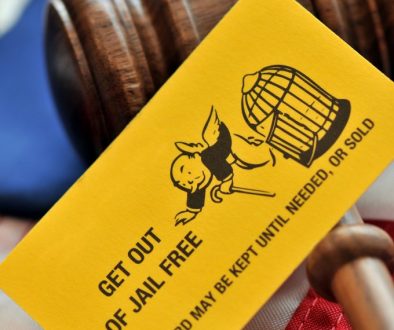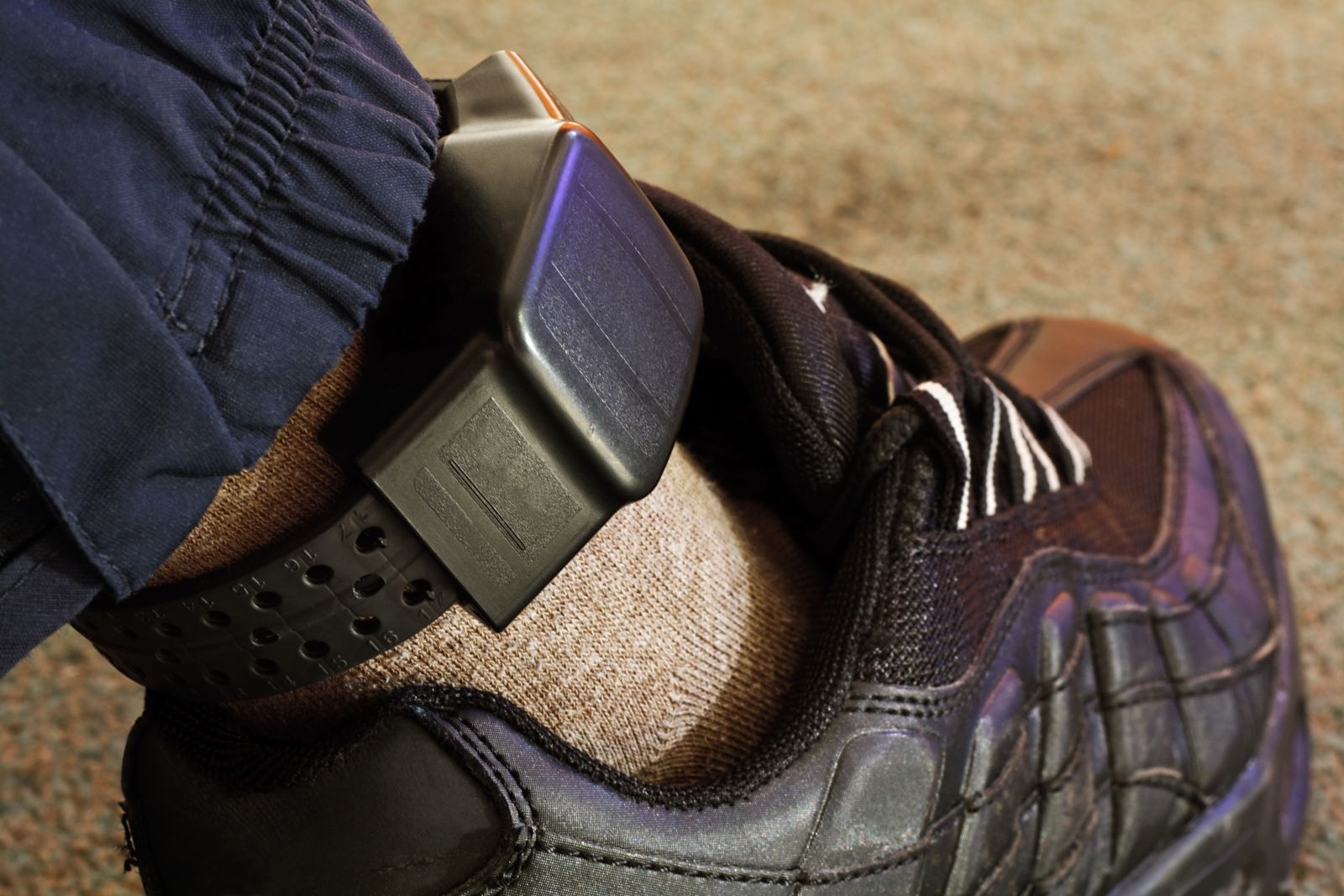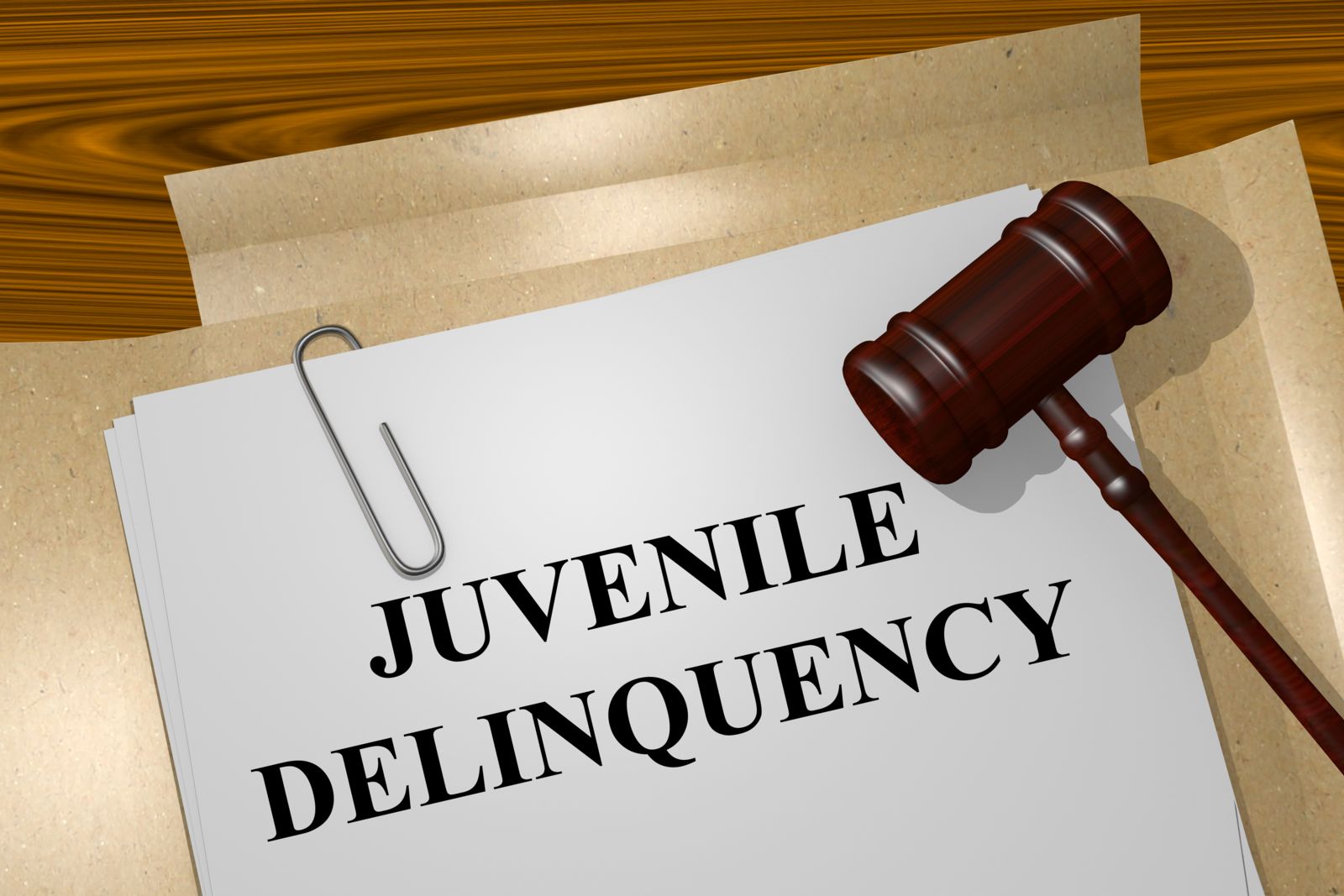The Most Common Underage Drinking Offenses in Pennsylvania – What are the long-term consequences of a criminal conviction
Our criminal defense lawyers represent many young people charged with crimes in Pennsylvania and New Jersey. A common criminal case is underage drinking, which in Pennsylvania is a summary offense. While a minor isn’t typically facing any type of jail or even a substantial fine (not more then $500) a criminal charge and a conviction can often hinder academic and professional advancement in the future.
The most common underage drinking charges are as follows:
- Section 6307 (Title 18) – Misrepresentation of age to secure alcohol, liquor, or brewed beverages.
- Section 6308 (Title 18) – Purchase, consumption, possession or transportation of liquor or malt or brewed beverages.
- Section 6310.3 (Title 18) – Carrying a false identification card (fake ID).
What are the penalties for underage drinking and false identification (fake ID) in Pennsylvania?
Under Section 6307, a first-time offender is subject to a summary offense, while any subsequent offense is misdemeanor of the third degree; this is much more serious offense. The elements of the crime are simply that, a person, under the age of 21, knowingly and falsely represents himself or herself to be 21 years of age or older to any licensed dealer, distributor or other person for the purchase of procuring or having furnished to him any alcohol substance.
Under Section 6308, a person commits a summary offense if, being less then 21 years of age, he or she attempts to purchase, purchases or consumes, possesses or knowingly or intentionally transports and liquor or alcohol.
Finally, under Section 6310.3, a person commits a summary offense for a first violation and a misdemeanor of the third degree for any subsequent violation if she or he, being under the age of 21, possess an identification card falsely identifying that person by name, age or photograph as being 21 years of age or older to obtain liquor or alcohol.
Are there summary diversion programs available for underage drinking offenses?
Again, these aren’t serious criminal charges, but nevertheless, could result in the minor having a criminal record which could hinder professional academic advancement. In all of these cases, a person who is charged with this offense is eligible for a summary diversion program under Title 42, Section 1520. This Diversion program applies to all underage drinking offenses which do not involve the operation of a motor vehicle (Title 75-Pennsylvania’s Traffic Code).
In all of the cases, the district judge (Philadelphia – Municipal Court) may admit the offender to the appropriate diversion program. In this situation, the minor isn’t required to plead guilty, but acceptance into the program will nevertheless be considered a first conviction for the purposes of subsequent convictions.
These diversion programs include any of the following conditions:
- counseling,
- public service,
- job training,
- education, or
- other appropriate community service for self-improvement.
The conditions of this program may also include the imposition of cost and restitution along with the reasonable charge relating to the expense of administering the program.
Upon completion of the program, the district judge will dismiss the charges. If, however, the minor does not complete the program or refuses to accept the conditions, the Court will proceed with the charges with a summary trial or possibly a non-trial disposition in a form of a plea. It is important to keep in mind however that anything but an acquittal at trial will result in a criminal record for this young person. While a summary offense can be expunged after a period of seven (7) years, this is a critical period in a young person’s life and could likely have consequences for college applications and employment applications.
Contact Our Criminal Defense Lawyers Cases in Pennsylvania & New Jersey
Please click here to contact our Philadelphia lawyers. We offer free case reviews and serve the following areas Atlantic City, Camden, Cherry Hill, Chester, Conshohocken, Doylestown, Media, Norristown, Philadelphia, Pottstown, Salem, Upper Darby, Upper Merion, Upper Providence, Vineland & Woodbury areas.



